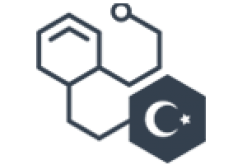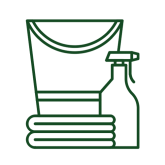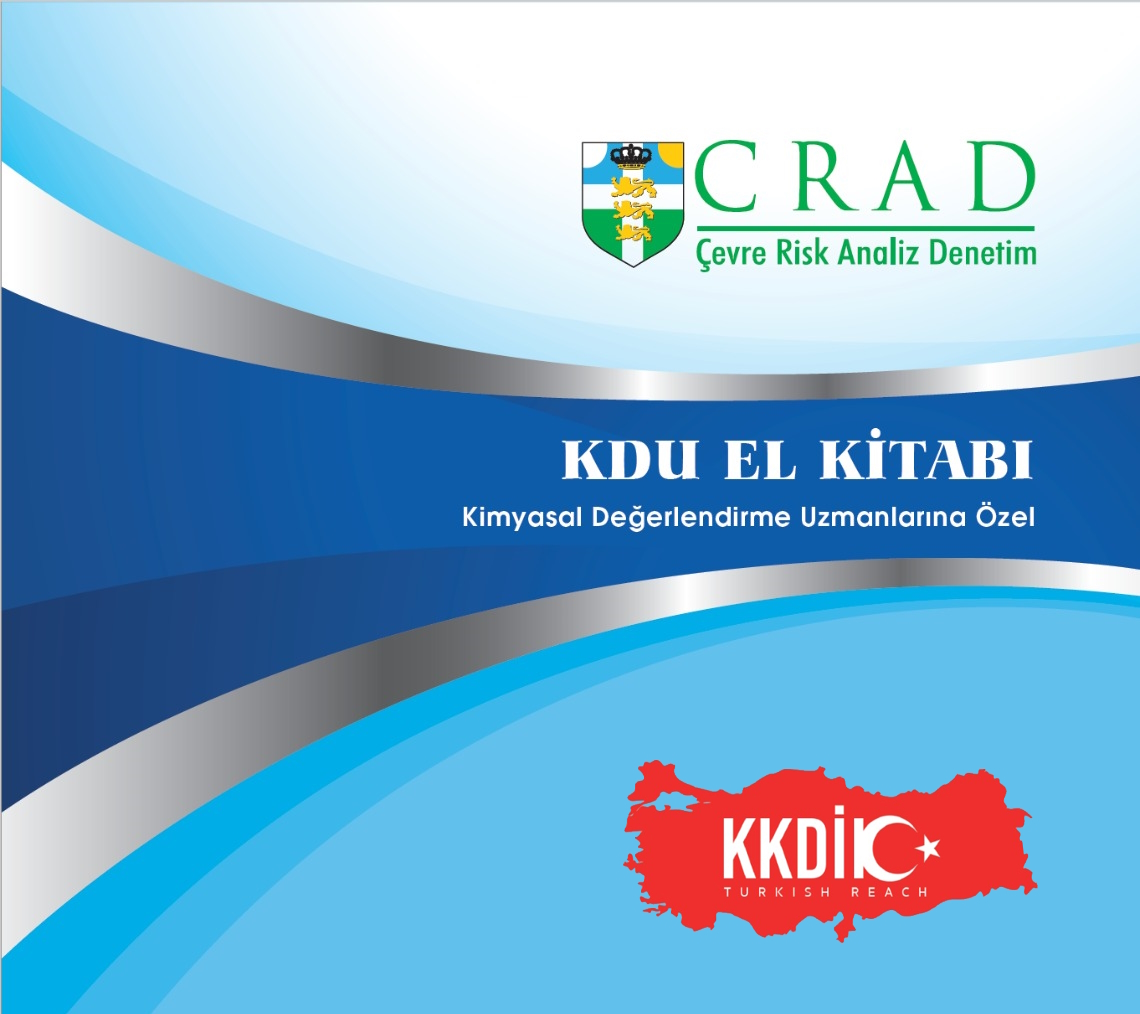WHAT IS OBLIGATIONS OF TOLL MANUFACTURERS UNDER THE KKDIK REGULATION?
Content addition date : 13-06-2025
The KKDIK (Registration, Evaluation, Authorization, and Restriction of Chemicals) Regulation, which was implemented in Turkey for the safe use and control of chemicals, imposes registration obligations for companies meeting certain conditions.
Are contract manufacturers required to register under KKDIK?
A contract manufacturer is a company that, with its own technical capabilities, produces a substance or a mixture containing a substance upon the request of a third party and in exchange for an economic fee. These chemical substances are generally marketed by the third party that placed the order.
The KKDIK Regulation, Article 4 (ö), clearly defines the concept of "manufacturer." According to the regulation, companies that manufacture 1 ton or more of a substance per year are required to register the substances they produce under KKDIK. The most important point here is whether the contract manufacturer is actually producing a substance. If an organization produces a substance on behalf of a third party, it is considered a "manufacturer" under the KKDIK Regulation and is obligated to register.
However, the registration status of the raw materials supplied by the contract manufacturer under KKDIK should also be taken into account. If the raw materials used in the contract manufacturing process are already registered, the company may not need to make an additional registration. Therefore, manufacturers and toll producers should check the KKDIK registration status of the materials in their supply chain and ensure the compliance process is managed properly.
In conclusion, even if contract manufacturers produce chemical substances on behalf of a third party and not in their own name, they are considered a "manufacturer" under the KKDIK Regulation. If they produce 1 ton or more annually, they must register under KKDIK. Therefore, companies need to carefully assess their operations and complete the necessary registration processes to ensure compliance with the regulation.
















